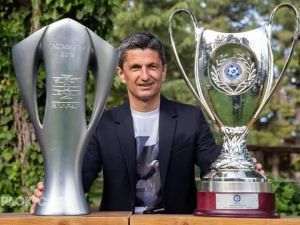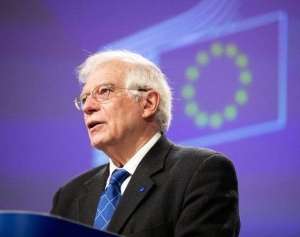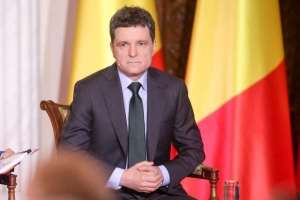The president of the Romanian Academy, Ioan-Aurel Pop, spoke about the personality of a great revolutionary during the scientific session "Bicentenary of the birth of Avram Iancu - Hero, contemporaries, era", event dedicated to the 200th anniversary of the birth of the great Romanian patriot from Transylvania. According to Ioan-Aurel Pop: "Avram Iancu laid a cornerstone of the modern state called Romania, (...) he was a phenomenon of this people, as you all know, because at the age of 24 he became one of the leaders of the Romanian Revolution of 1848 and the military strategist of the Transylvanian Revolution, and at the age of 25 he was a legend. the title of Crai of the Mountains". The President of the Academy claims that he wanted to build "a new world": "Behind him was a world that he knew very well, a world that came from the Enlightenment of the Transylvanian School. He had learned at school that the history of the Romanians begins with the foundation Romei, after the Transylvanians' obsession with our Romanian origin, had grown stronger - especially in Cluj, where you know he became a lawyer and where he learned Hungarian and Latin - and from the ideas of Johann Gottfried Herder, he had learned what the "soul of peoples" means. He wrote, together with about seven other young Romanian intellectuals, the magazine "Dawn" from the Academic High School or the Royal High School in Cluj, in semi-secret. He received the title of lawyer, he was not allowed to practice, because he came from - a family of serfs. He entered the Tabla Regeasca (Tabula Regia Judiciara was the highest court of the inhabitants of Transylvania - n.r.), he learned the ideas of the revolution, he was with the young Hungarians until the point when UNIO came, that is, the forced Union of Transylvania with Hungary, without the Romanians being asked. This was the starting point of the Romanian Revolution proper". According to Ioan-Aurel Pop, Avram Iancu had: "an extraordinary reputation among the peasants during his lifetime, as neither Bishop Şaguna nor Bishop Lemeni had, nor the old leaders of the revolution, who were ideologues, like Simion Bărnuţiu, future professor of the University of Iasi, called by Alexandru Cuza to teach there, he was also dean, he was invited to be rector. Avram Iancu was the man of strength and who understood that the time had come for the right of force. At the end of his life, he realized that, nevertheless, the force of law would dominate the world and demanded with the tongue of death that the Romanians make of his wealth a "faculty of rights", because the law was on his side and on the side of the Romanian people. And he understood this before President Wilson decreed "the right of peoples to self-determination". Avram Iancu was a man among people, a man among peoples, he knew them, he spoke their language to those close to him and he also knew the most important language of communication up to that time, the Latin language. So he was an intellectual who burned the energy of his life until he was 25 years old. After 25 years, the symbol and theme remains "On Feleacului Hill / Iancu's Chariots Pass"".
The scientific session is part of the series of events organized by the Romanian Academy this year dedicated to the revolutionary activity of Avram Iancu, a symbolic personality of Romanian history.
























































